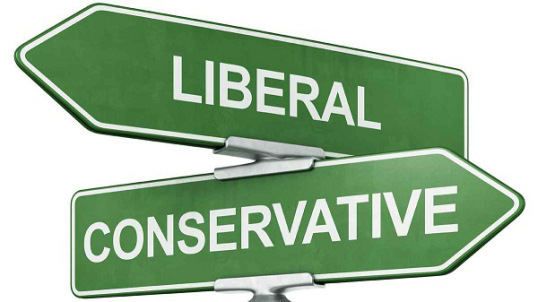Implications of Liberalism, Part One
In politics, we’re clearer on the meaning of the terms liberal and conservative and we’re generally less likely to fight about them within that context. The terms are based on a definable set of presumptions and beliefs that are usually clearly opposed to one another.
Liberalism and conservatism have been around for a long time and they have real, established meanings. In a classical sense, we can recover their true meanings because they are indeed a guide to one’s mindset and beliefs.
In Christianity, the terms also have a place because they describe one’s views on the Bible and human nature. However, we shy away from them today because they have been misused for so long. People have treated the word “liberal” as a weapon or an obscenity for so long that it has almost become unrecognizable.
The words also fall victim to perspective. Someone on the extreme right, for example, believes everyone to the left of them is a “liberal” and will attach the term to people at will. Likewise, the extreme left may do the same for the word “conservative.”
Despite these failures, the words do still have meanings that are substantial and predictive. Liberalism is a mindset that leads people to act along a fairly predictable path. Their presumptions can help us understand their beliefs and practices and since they so often involve false doctrine, it is imperative that we pay attention.
I want to examine the subject further in subsequent posts and I plead with my readers to be reasonable and think before they react. I only want us to think about the implications of what we believe because the mind guides our feet.





